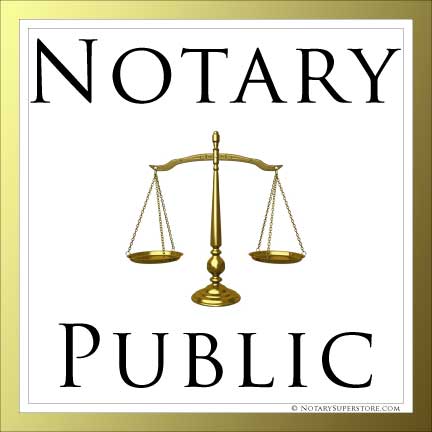Experienced Conveyancer: Navigating Building Transfers with Competence
Experienced Conveyancer: Navigating Building Transfers with Competence
Blog Article
Demystifying Notarial Job: Streamlining the Duty and Importance of Notaries
In the elaborate internet of legal documents and confirmation, notaries stand as pillars of assurance and credibility. Their role, commonly shrouded in mystery for several, brings significant weight in making sure the validity and stability of important papers. As guardians of legality and reality, notaries play an essential part in our culture, yet their job is not constantly totally comprehended. By untangling the intricacies shedding and surrounding notarial methods light on the value of their acts, a clearer understanding emerges of the important function notaries play in maintaining the material of lawful and legal agreements.
The History of Notarial Work
The history of notarial work dates back to old human beings, where scribes played a crucial duty in videotaping essential details and verifying papers. This led to the growth of notaries, individuals selected by the state to act as neutral witnesses in legal matters.
Throughout the Center Ages, notaries gained importance in Europe, with their features increasing to include preparing legal records, certifying signatures, and protecting documents. The surge of worldwide trade even more emphasized the importance of notarial operate in confirming contracts and agreements across borders.
In the modern era, notaries proceed to play a crucial role in legal and service transactions by validating identifications, validating the credibility of files, and protecting against fraudulence. Their role in accrediting the credibility of arrangements adds a layer of safety and security and depend the ever-evolving landscape of commerce and legislation.

Tasks and Duties of Notaries
Notaries play a crucial function in confirming the credibility of files and the identity of notaries. One of their key obligations is to witness the finalizing of vital files, such as agreements, deeds, and wills, to ensure that all parties are getting in into contracts intentionally and voluntarily.
Moreover, notaries are entrusted with carrying out affirmations and oaths, which are vital in lawful procedures and the implementation of affidavits. They accredit copies of initial records, providing assurance to establishments that the copies hold true replicas of the originals. Notaries should keep exact documents of all transactions they manage to guarantee openness and responsibility. In general, the tasks and responsibilities of notaries are crucial in guarding the stability and validity of numerous papers and deals.
Notarial Certificates and Signatures
Exemplifying meticulous focus to information, notarial certifications and trademarks serve as vital parts in confirming the credibility of lawful records. Notarial certificates usually have critical info such as the date of notarization, the names of the signatories, a summary of the record, and the notary's main seal. These certificates provide a clear record of the notarial act, ensuring that the file can be easily determined and mapped back to the notary that managed the procedure.
Signatures play a pivotal duty in notarial job, as they represent the agreement and authorization of the celebrations included. Notaries thoroughly witness the finalizing of papers to verify the identification of the notaries and validate that they are signing of their own free choice. By fastening their official seal and trademark to the paper, notaries certify that the essential procedures have actually been complied with and that the file is enforceable and legitimate.
Basically, notarial certificates and signatures are the hallmark of credibility in legal deals, providing assurance to all parties included that the records are legit and binding.
Value of Notarial Acts

Notarization Process Described
Describing the registration procedure provides quality on the essential actions associated with validating lawful records. The notarization process normally starts with the private offering the record to a notary public. The notary after that validates the signer's identity with acceptable identification methods. Once the identity is validated, the notary guarantees that the private signing the paper does so voluntarily and with no coercion.
Conclusion

Notarial certifications normally include vital details such as the day of notarization, the names of the notaries, a summary of the record, and the notary's official seal. These certifications provide a clear record of the notarial act, guaranteeing that the record can be easily this hyperlink identified and traced back to the notary that managed the procedure.
By fastening their main seal and signature to the record, notaries accredit that the necessary treatments have been adhered to and that the paper is valid and enforceable.
By validating the identity of the signatures, verifying their readiness to enter into the agreement, and certifying the date and location of the finalizing, notaries play a vital function in maintaining the legitimacy of lawful papers.After the paper is signed, the notary will affix their main seal or stamp onto the file.
Report this page